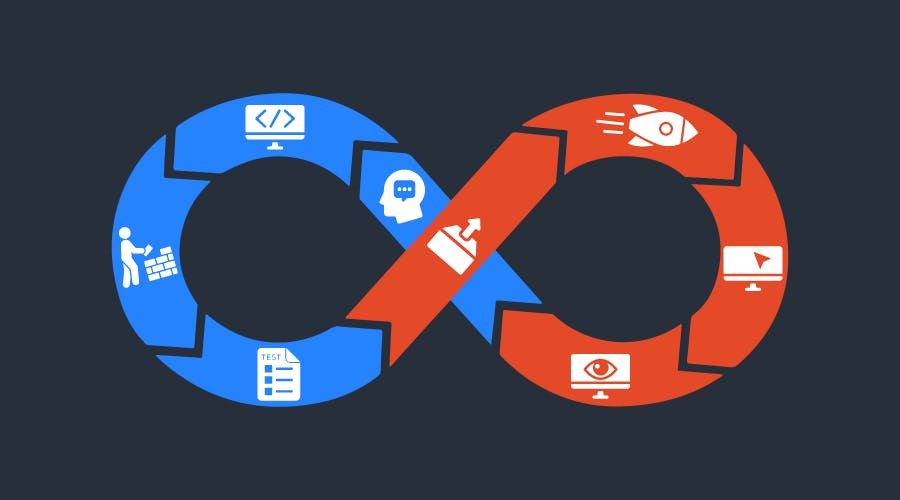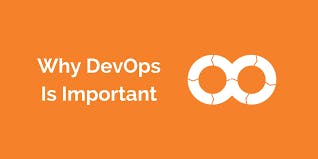The simplest way to understand DevOps is to break the word into two parts Dev(Development) and Ops(Operations). It is the combination of building, coding, testing, deploying and repeating throughout the life of the process. Apart from these four major hacks, in a broader lens, it also includes planning, delivering, and monitoring the code. As a DevOps person, one should know the different tools for making these things work. Some of the popular tools are Linux, Docker, Jenkins, Kubernetes, Grafana, Ansible, Terraform, Helm, GitHub etc. DevOps is an important sector for any company in terms of automation, scalability and infrastructure to grow in the IT field.
What are Automation, Scalability and Monitoring?
Automation: Automation is the process that is used to reduce human efforts more efficiently to increase production and deployment of work. In addition, it facilitates the loop between production and deployment.
Scalability: Scalability refers to the ability of the business to set up its systems to grow during times of high demand and scale back when demand decreases. Automation is a way to make the work scalable and optimum.
Monitoring: Monitoring is a critical part of any modern organization’s IT infrastructure. It helps to ensure that your systems are working as expected, and it can also help you identify issues early on so that they can be resolved quickly.

Why is DevOps important?
DevOps automation is the technology to carry out tasks with minimum human assistance to support feedback loops between development teams and operations so that repetitive updates can be deployed rapidly to applications. Automation is a vital need for DevOps Practices, and automating everything from code generation to monitoring the system in production is a key principle of DevOps. DevOps automation fosters greater accuracy, reliability, and consistency and speeds up deliveries.

